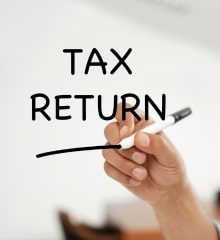What to Do When Debt Collectors Contact Others About Your Debt
The rules and regulations contained in the Fair Debt Collection Practices Act (FDCPA) place strict limits on the individuals that debt
collectors are allowed to contact about any debt you owe. In most situations, collectors and collection agencies are only allowed to
communicate with you or your attorney. Collectors are even prohibited from leaving messages on answering machines that could be heard
by other people. Congress
established these rules to safeguard the privacy of debtors and their friends and family.
There are, however, some exceptions. In addition to you and your attorney, collectors are allowed to talk about your debts with credit
reporting agencies, the creditor, the creditor’s attorney, your spouse, your parent (if you are a minor) or your guardian.
You are also allowed to give permission to debt collectors to talk to other people about your debts. However, this consent is only
valid if you speak with the collector about it directly. Collectors cannot, for example, presume it is allowed to talk to another
person even if that person is making some bill payments on your behalf.
Debt collectors are also allowed to contact third parties for the purposes of locating you, but there are certain rules they must
follow in these communications. For example, they must not use the name of the collection agency or mention anything about you owing a debt.
If you believe a debt collector is breaking any of the rules outlined in the FDCPA, you may report the violations to the Consumer
Financial Protection Bureau, a government agency dedicated to guarding consumers from unfair collection practices.
For assistance in filing a report with the CFPB or to put an end to creditor harassment, work with the experienced Atlanta
bankruptcy lawyers at DebtStoppers. Call us today at 678-673-2142 or
contact us online.


